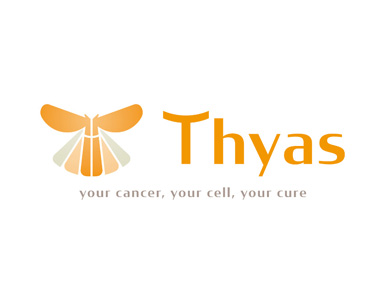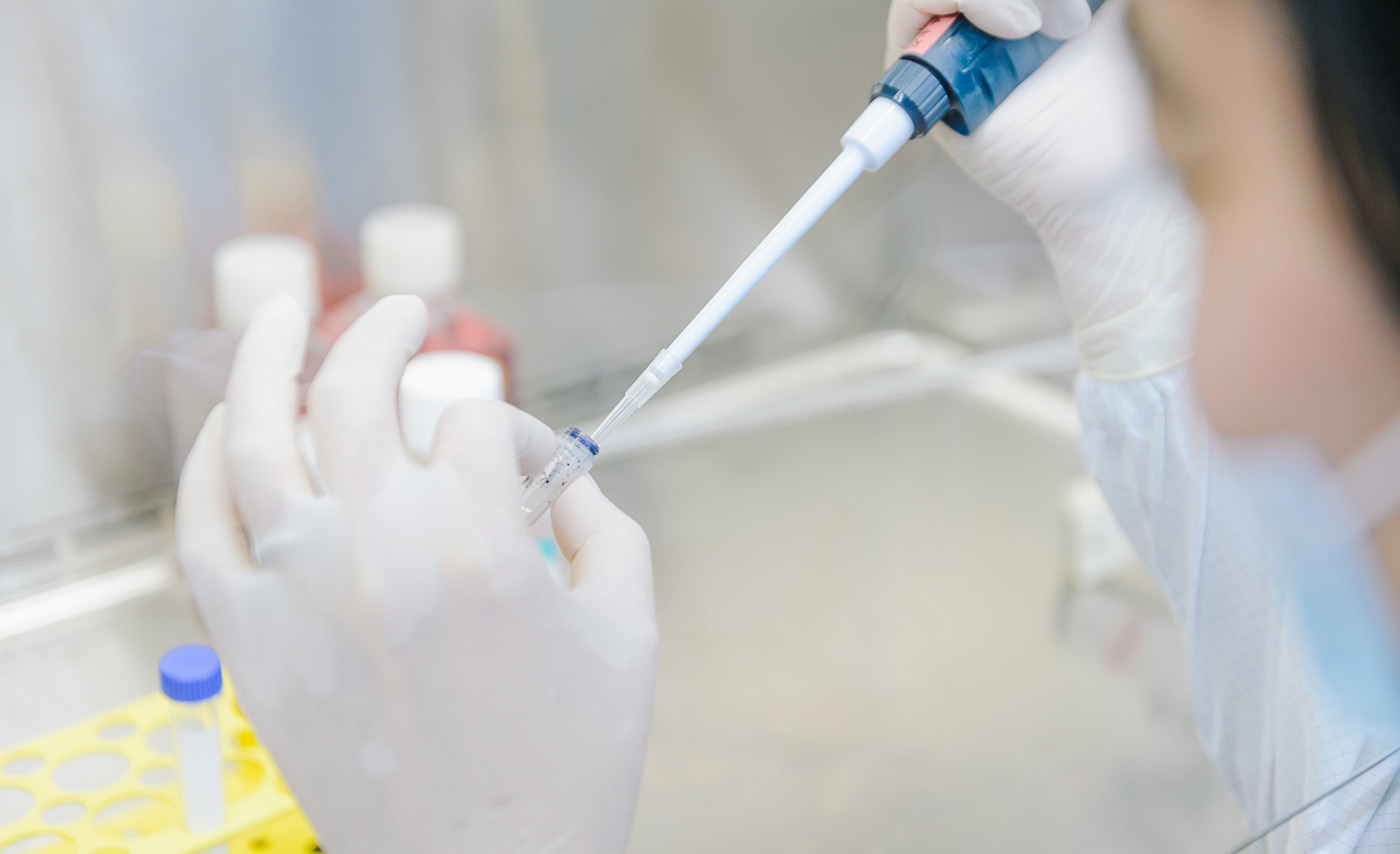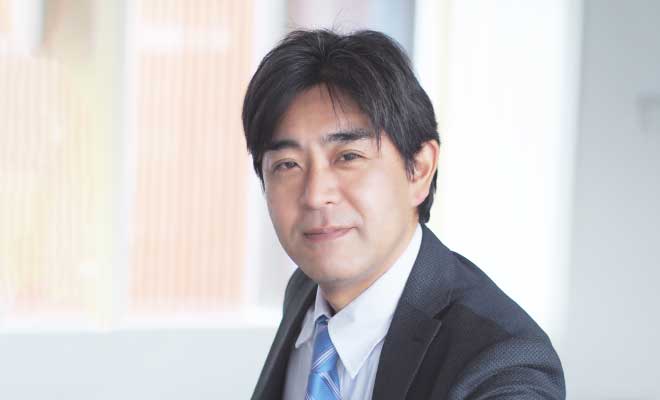Clinical Development
Making iPS cell-base cancer immunotherapies accessible therapeutic options to many patients

Thyas Co. Ltd.

Recent immunotherapies, including immune checkpoint inhibitors and chimeric antigen receptor T cell therapies (CAR-T cell therapies), have demonstrated remarkable efficacy for specific types of cancer (mainly blood cancers). However, they are less effective for other cancers, especially solid tumors, and still costly options. Immunotherapies activate the antitumor effect of the patient’s immune cells. Thus, their efficacy depends largely on the state of these cells. In current CAR-T cell therapies, the cells used for the therapy are derived from the patient’s cells, leading to heterogenous quality and stability. These issues prevent them from providing immunotherapies to all patients in need.
If we can mass produce and stock iPS cell-derived immune cells with high antitumoral activity, patients can be administered with the cell preparations upon their arrival to the hospital without any waiting time. We also expect that mass production can lead to a significant cost reduction, which makes the therapies truly accessible to many patients.
Thyas is developing iPS cell-derived immune cells with high antitumoral activity for treatment of cancers and infectious diseases. Based on the research of Professor Shin Kaneko, Center for iPS Cell Research and Application (CiRA), Kyoto University, we have developed the solid differentiation methods of various types of iPS cell-derived immune cells. We aim to establish a platform where we can cure various types of blood and solid cancers. In addition to the established production method, we have completed the verification of efficacy through animal experiments and will initiate a clinical trial of the iPS cell-derived immune cell therapy within a few years.
Thyas aspires to save as many patients as possible by delivering our regenerative cell products as quickly as possible.


